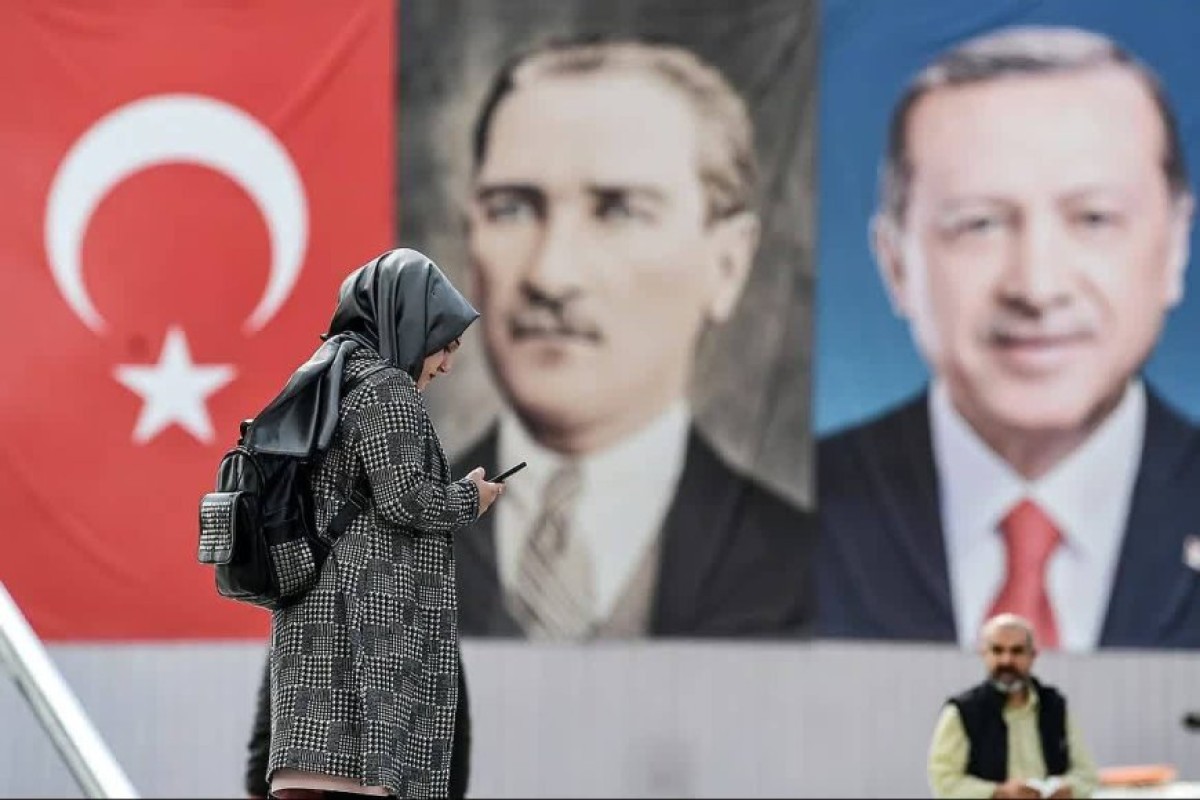 93
93
With the fate of an 85 million-strong nation hanging in the balance, this election is undoubtedly one of the most crucial in the history of the Republic of Turkey. Many view it as a referendum on the ruling Justice and Development Party's (AKP) performance, with the potential to determine the country's future for years to come. As the Turkish election approaches, citizens are faced with a crucial decision between the current conservative and centralised leadership of President Recep Tayyip Erdoğan and the relatively secular, decentralised opposition led by Kemal Kılıçdaroğlu, the head of the Republican People's Party (CHP).
The upcoming election in Turkey is taking place against a backdrop of economic turmoil, which is poised to have a substantial influence on the election's results. The AKP is currently grappling with chronic challenges such as soaring inflation, the depreciation of the Turkish lira, and a surge in the unemployment rate. Although Erdoğan possesses significant control over the economic and monetary policies of the country, it appears that his authoritative financial strategies have done nothing other than precipitate Turkey's economic downturn.
The sharp drop in the benchmark interest rate over the past year resulted in a considerable depreciation of the Turkish lira, facilitating an export value of $254 billion. Yet, the value of imports increased to $364 billion, a record-breaking amount. Furthermore, Turkey's balance of payments with the rest of the world was measured in January to have an account deficit of $10 billion. An examination of the outcomes of the most recent municipal elections held in 2019 is necessary. The triumph of opposition candidates in large metropolitan areas such as Istanbul, Ankara, and Izmir can be attributed primarily to prevailing economic difficulties; however, the backing of opposition contenders by Kurdish parties like the People's Democratic Party (HDP) also played a significant role in this result.
On the other hand, Erdoğan is cognizant of the importance of the economic situation in determining the outcome of the next election. Thus, he desperately enacted some measures to alleviate the economic woes of ordinary citizens through a comprehensive plan to secure substantial funds both domestically and internationally, with the aim of stabilising the lira's value. Last year, the Central Bank of Turkey pumped a whopping 108 billion US dollars into the country's economic cycle and attempted to control the skyrocketing inflation rate by relaxing regulations to halt the increase in prices, especially in food prices and housing rent. In January, it raised the minimum wage significantly from 5,500 lira ($300) to 8,500 lira ($450). The implementation of these measures has yielded favourable outcomes, resulting in a surge in Erdoğan's approval ratings by a few points, primarily attributed to the support of grey votes.
However, no one knows how long the lira exchange rate can be maintained with these inflationary measures, given that the majority of ordinary voters view the devaluation of their currency as an economic crisis. As we approach the upcoming election, it is becoming clear that the economy will be the central issue on the minds of voters. While it remains uncertain which party will ultimately emerge victorious, one thing is certain: the abject state of the Turkish economy will be a key factor in determining the outcome.
The opposition pledges that, in the event of victory, the country will return to a democratic political course, millions of Syrian refugees will return to their home country, and economic problems will be resolved. Meanwhile, polls indicate that voters' disillusionment with Erdoğan’s two-decade despotism is expanding. Despite the profound dissatisfaction, it remains uncertain whether the opposition coalition can secure a decisive victory. As Turkey struggles with economic challenges, a significant number of disillusioned AKP supporters remain sceptical that opposition parties can provide viable solutions.
It should not be forgotten that the tragic earthquakes that claimed the lives of over 50,000 people and made 3.3 million homeless in the southern Turkish provinces have undoubtedly cast a shadow over the political landscape, potentially leading to the AKP's looming defeat. Analysts predict a tumultuous period ahead for Turkey as social rifts exacerbate, leading to potential civil conflicts and widespread riots following the landmark elections.
Comment
Post a comment for this article